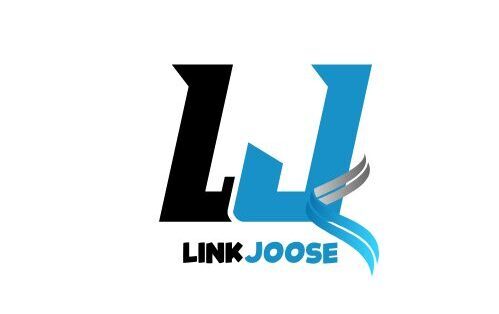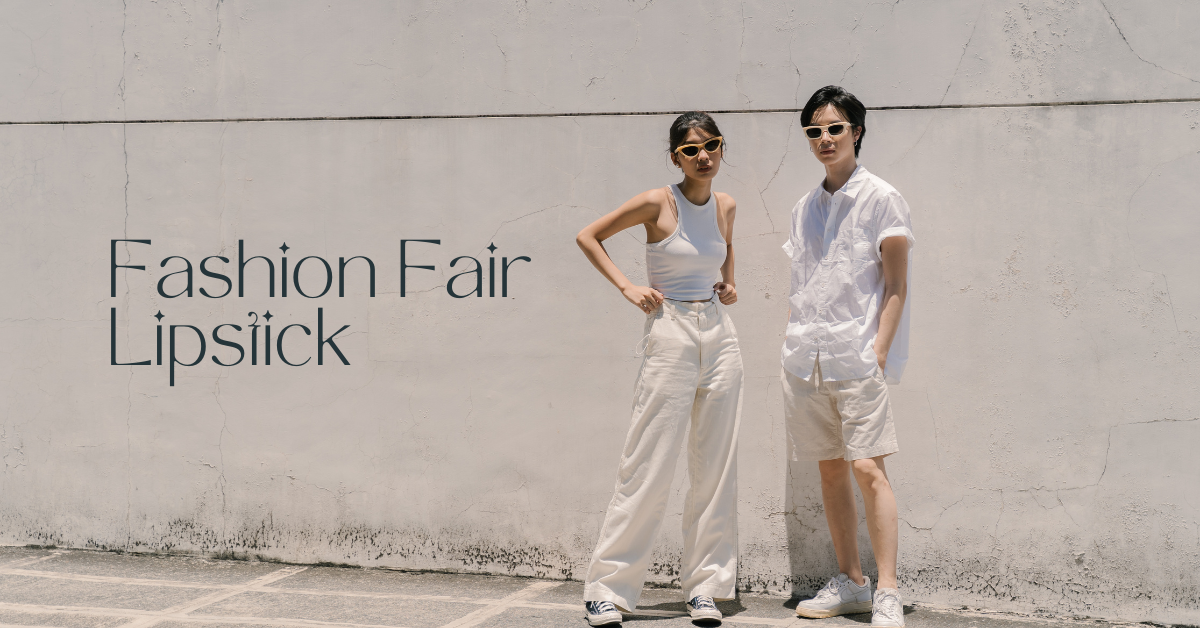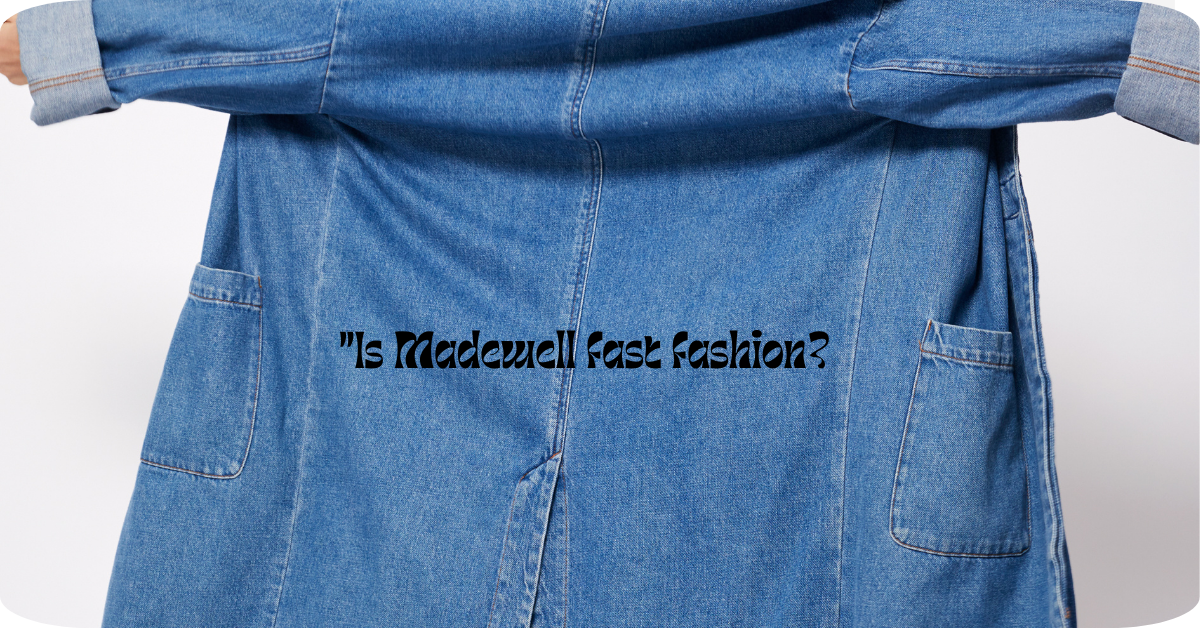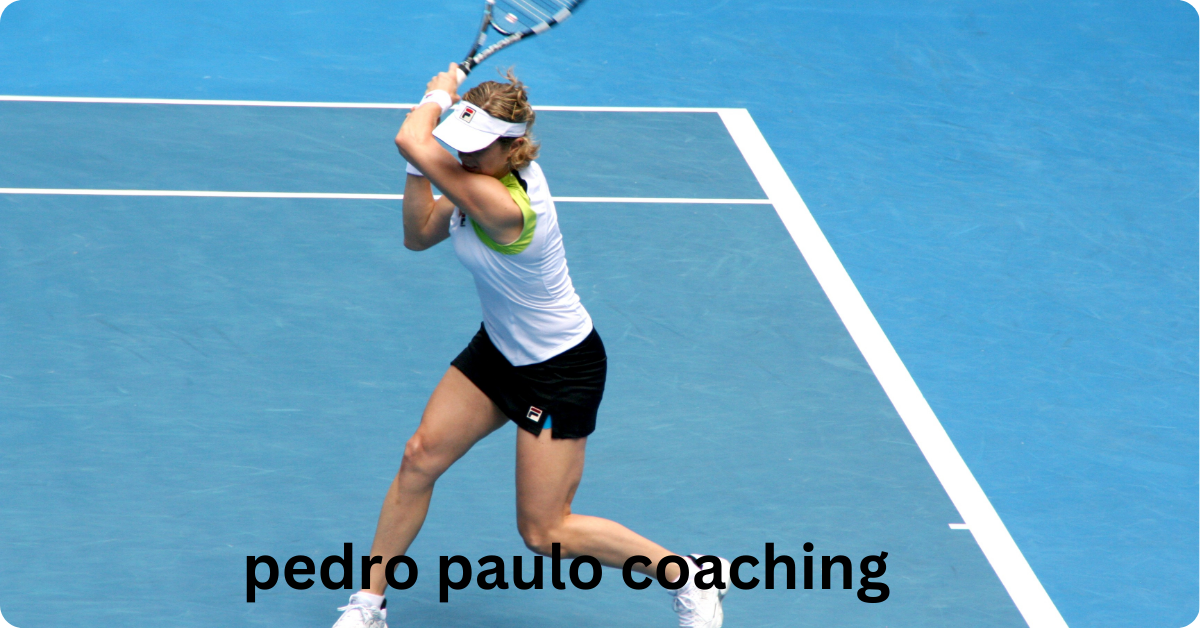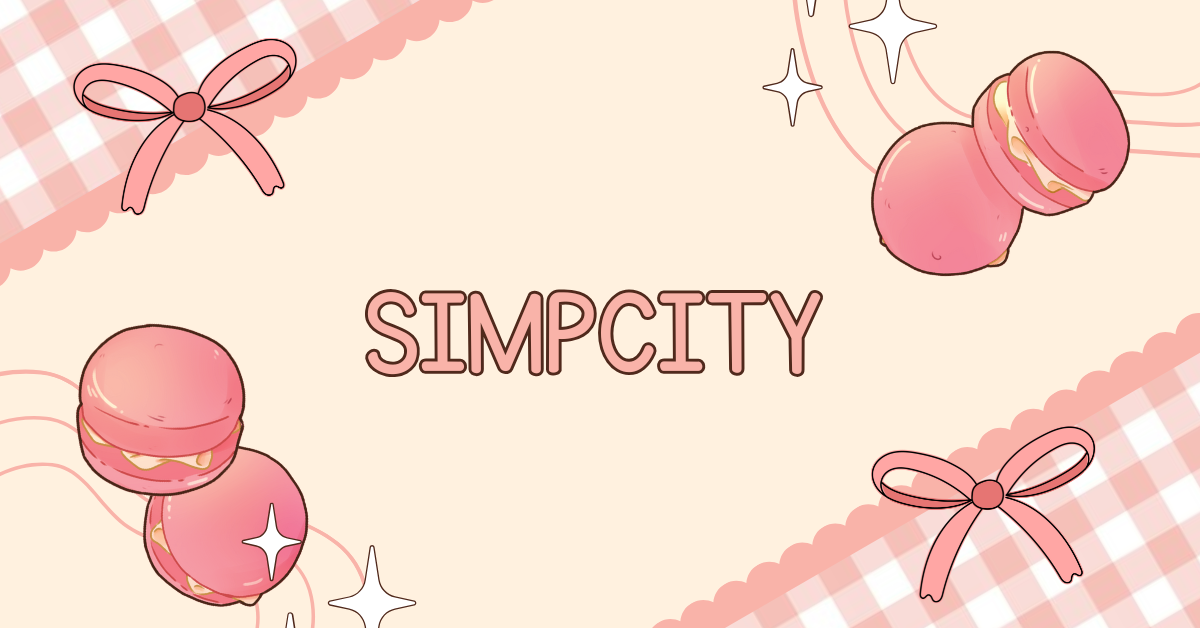Introduction:
Is Edikted Fast Fashion?
The face of fashion has changed from what it used to be a few years ago, with new concepts such as fast fashion brands changing how people perceive clothing. Among other brands, Edikted has emerged as a powerhouse name, especially to the younger audiences. But is Edikted really fast fashion? To determine whether this is so, we need to consider the brand’s business model and its principles of production practices, along with how well it fits the defining characteristics of fast fashion. It will also look into the environmental and ethical implications associated with Edikted fast fashion while painting a clear picture of Edikted’s place in the wider fashion landscape.
What Is Fast Fashion? A Closer Look
Before one can say whether or not Edikted is a fast fashion brand, it is important to understand the concept of fast fashion.Is Edikted Fast Fashion? describes the rapid manufacture of cheap, fashion-mimicking vane clothes.Is Edikted Fast fashion importance lies in its ability to design, create, and sell trendy clothes in normal retail stores within a few weeks rather than months. Most fast fashion brands acquire new merchandise every few weeks, and capitalize on the latest trends in the market. The fast fashion model adopts low production costs, globalized supply chains, and high sales quantity to generate the maximum profit.
However, the ever-growing is edikted fast fashion industry has come under scrutiny for several negative impacts which include environmental degradation, vast amounts of waste generated, and above all, exploitation of workers in developing countries. The fast fashion model thrives on overconsumption, encouraging consumers to go beyond their means and much above what they need in garments at the cost of quality and durability. Therefore, fast fashion is termed as synonymous with disposable clothing. This, in turn, encourages waste and environmental damage.
Edikted’s Rise: A New Player in the Fashion Game
Is Edikted Fast Fashion?a quite recent fashion label that has taken the growth route in recent years, winning crazy love from Gen Z and millennial buyers alike. Social media marketing, trendy look, and reasonable pricing have helped the brand to establish itself. Edikted’s online presence is one of the big reasons for the brand’s name fame; it uses these platforms to showcase its products and actively engage with its target audience. Instagram, TikTok, and Pinterest have become its staging grounds for effectively marketing their products.
Marketing methods adopted by Edikted mostly involved creating urgency and exclusivity. It proposes limited-edition collections, countdowns, and flash sales, prompting decisions made in the heat of the moment. Their marketing model has similarities with other giant fast fashion players like Shein, Boohoo, and Fashion Nova, which depend heavily on putting their products into the market via social media and influencer marketing.
Is Edikted Fast Fashion? Business Model
To find out whether is Edikted fast fashion brand, we will have to compare its business ethos with fast fashion’s defining criteria. The main elements to consider are as follows:
1. Quick Production Cycle
Traditionally,Is Edikted Fast Fashion? brands have been very fast, bringing in new styles and getting them into stores so that they can get ahead of trends and have a continually fresh range. Edikted seems to work along similar lines, with frequent product drops and new collections launched all the time. The ability to quickly get trendy items into the marketplace indicates that Edikted prioritizes speed over sustainability.
2. Pricey Affordable
Is Edikted Fast Fashion? characterized by affordability; Edikted is not excluded. Truly, items in that brand’s collection are priced on the lower end, making them available to a wide range of customers. As is mostly the case, however, low costs come at a price-high cost in terms of quality, durability, and ethicality. Use of cheap materials and labor-priced labor keeps prices low for fast fashion clothes; unfortunately, this results in less durable clothing-more likely to end up in dumpsites.
3. High-Volume-and Overproduction
Generally, is Edikted fast fashion brands produce large volumes or amounts of clothes for the popping consumers’ demands. High volume of production usually results in overproduction, with unsold items either disposed of malfunctions or incinerated. Is Edikted fast fashion has not publicly disclosed its production, however from the business model, it operated at a scale similar to fast fashion brands.
4. Supply Chain of Fast Fashion
Most fast fashion companies will have an internal demand supply chain associated with the low cost of production. By outsourcing production in countries where labor cost will be way cheaper, then it is accompanied by rigging in poor working conditions with low wages for such workers. Edikted’s supply chain is not absolutely transparent, but it highly likely sources products similar to other is edikted fast fashion chains in the chosen regions.
5. Trendy Designs
All of Edikted’s offered items are inspired by current trendy fashions. The designs are sultry for the subset of trend-conscious youth markets. Is Edikted fast fashion trait of forcing consumers to re-evaluate their closets season after season is contributed from trend-based offerings. This is why it is clear that Edikted possesses most of the characteristics of fast fashion. Definitely, speed, low prices, and trendy designs bring the brand to a definition of fast fashion-issues more than environmental and ethical about it.
Environmental Effect of Edikted and Fast Fashion
One of the most serious allegations laid against fast fashion is its environmental impact. It is one of the most polluting sectors in the world, with fast fashion brands being one of the main culprits. Below are some of the relevant environmental issues about fast fashion:
1. Generation of Excessive Waste
Overproduction and excess inventory are the general practices in fast fashion brands. For this reason, unsold items will often be discarded into the burgeoning garbage of textile wastage. According to the EPA, over 11 million tons of textiles alone are dumped into landfills every year in the United States.
2. Resource Depletion
Making clothes consumes massive quantities of water, energy, and raw materials. For example, it takes around 2,700 liters of water to put together a single cotton T-shirt. Fast fashion exacerbates the pressure on earth’s natural resources by using cheap and non-renewable resources.
3. Pollution
Water pollution, air pollution, and greenhouse gas emissions are all inflicted by fast fashion brands on the environment. Furthermore, synthetic materials such as polyester made from fossil fuels aggrandize the damage. To make matters worse, during the dyeing and finishing stages of textile production, many harmful chemicals are released into the environment.
4. Microplastics
Many fast fashion brands produce some pieces using synthetic materials- mainly polyester. These shed microplastics when washed, which eventually escape into rivers and oceans, endangering marine life and ecosystems.
Although Edikted does not make available to the public the details of its environmental practices, it is suggested from the brand’s business model that it is contributing to these problems. The brand’s rapid production cycles for cheap and fast fashion indicate its prioritization of profit ahead of sustainability.
Disquieting Ethical Considerations Regarding Edikted’s Supply Chain
Edict, alongside its sociological ramifications, is the term of condemnation of fast fashion. Many fast fashion brands apply exploitative labor practices that keep production costs low. Workers in the developing countries where much of the world’s clothing is produced find themselves in poor working conditions under low wages and with long hours of work.
As for Edikted, the non transparent supply chain not let out into the open for public scrutiny makes a concrete assessment of the brand much harder, at the same time keeping in mind that lack of transparency is a common occurrence among fast fashion brands, even when it comes to the labor processes being handled somewhat ethically. Apparently, there is no clear information on Edikted’s clothing production; hence, telling whether the brand is making an effort towards fair labor practices is impossible.
Social Media in the Milk-and-Honey Road to Edikted
Social media became a defining moment for Edikted and other fast-fashion brands. Instagram, TikTok, and Pinterest serve as a great marketing and brand development tool for companies to target consumers worldwide, with little effort. The Edikted social media strategy aims to create a sense of urgency and exclusivity with frequent product drops and limited-edition collections to stimulate sales.
This social media heavy context, however, begs some question marks over the sustainability of Edikted’s business model. The fulfillment of forever creating content to be trendy and in sync with the trends put a lot of pressure along with overproduction and waste. This too contributes to the environmental woes.
Consumer behavior and fast fashion cycles
Consumers are the main determining factors for the success of fast fashion brands such as Edikted. Many buyers appreciate the fast, cheap convenience associated with fast fashion in an increasingly frenetic and trends-driven culture today. The urge to follow trends with the added bonus of spending less on items makes consumers buy even more clothes than they can use.
This cycle of overconsumption is the very engine that drives most of the adverse effects of fast fashion on the environment and society. It will keep thriving alongside consumer qualities that prioritize low rates and trending styles, rather than sustainability and ethical production, for example, Edikted.
Other ways of getting away from fast fashion
With the harms of fast fashion on the planet and society that have made many consumers rethink their options, many individuals are now looking for alternatives. The emergence of sustainable fashion brands primarily interested in developing ethical production practices and material use has made these several fashion brands more popular. They are known for creating high-quality, timeless designs not easily linked to fleeting trends.
Though they may take away a premium price, sustainability fashion is indeed a more responsible alternative to fast fashion. With little but qualitatively high items, one can spell a small footprint on the environment plus join the ethical labor movement.
Another of the alternatives to fast fashion would be secondhand and vintage clothing. Among thrift stores, consignment shops, and websites such as Poshmark and Depop, anyone can find an extensive range of pre-owned clothing selling at affordable prices. Purchasing used items has the dual advantage of reducing waste while giving customers the chance to find truly one-of-a-kind items.
Edikted and the Future of Fast Fashion
Presently, it is difficult to predict how fast brands like Edikted will fare in the industry, with the increasing report of the environment and ethical issues in relation to fast fashion already dragging demand for more sustainable and responsible solutions. Thus far, some fast fashion brands have already begun to implement some initiatives that will translate into sustainability such as recycling and the use of eco-friendly materials.
However, these measures are often seen as mere tokenism or greenwashing, as they do not address overproduction and exploitation, which are the paradigm issues inherent in the fast fashion model. For Edikted and similar brands to be considered genuinely sustainable, they would have to overhaul most of their practices, like speeding up the production cycles, improving labor conditions, and making environmental considerations a priority.
The Role of Regulation in the Fashion Industry
Increased regulation is yet another possible avenue that could influence the future of fast fashion. Governments and global organizations can pass laws that make the fashion brands accountable in terms of environmental emissions and social actions. These laws would possibly include provisions that guarantee satisfactory wages and safe working conditions of garment workers or limit the toxicity of the fashion industry waste.
Though some steps have been taken in this direction, as seen in the advent of the Fashion Revolution movement and the UN Sustainable Development Goals, much remains to be accomplished. Forcing regulations could push fast fashion brands such as Edikted into adopting more sustainable and responsible practices, in the long run favoring the environment as well as society.
Importance of Consumer Awareness
Consumers ultimately have the power to influence change in the fashion industry. By creating consumer awareness, the purchasing patterns of consumers begin to alter in favor of those brands whose values align more closely with theirs. Therefore, it would involve some amount of research into brands’ sustainability practices and promoting ethical and sustainable fashion brands’ causes, as well as reducing overall consumption.
Information about the fashion industry and brands accountable for their actions is more easily accessible to consumers than ever before owing to social media and online platforms. Using these opportunities, consumers can encourage companies such as Edikted to behave in a more responsible way toward a sustainable future for the fashion industry by asserting their rights to voice opinions and by means of their purchasing power.
Final Thoughts
While it has never categorized itself as a fast fashion brand, Edikted is so closely identified with the fast fashion ethos through its business model and practices that one can begin to wonder whether it is even a fast fashion company in name only. Rapid turnaround, cheap prices, and heavy reliance on social media marketing are all practices associated with the fast fashion industry, and Edikted embodies all these. To add weight to the scale, the utter lack of transparency with regard to Edikted’s sustainability and labor practices can only agitate concerns over its impact on the environment and on humans.
With the fashion industry still grappling with the matter of sustainability versus ethical production, Edikted should start taking accountability for its impact and implement changes in its operations. Consumers still have a key role in creating the demand for sustainable and ethical fashion options. Through their own informed choices and support for responsible brands, consumers create a brighter future for the industry.
